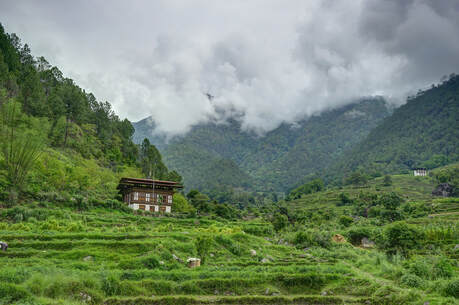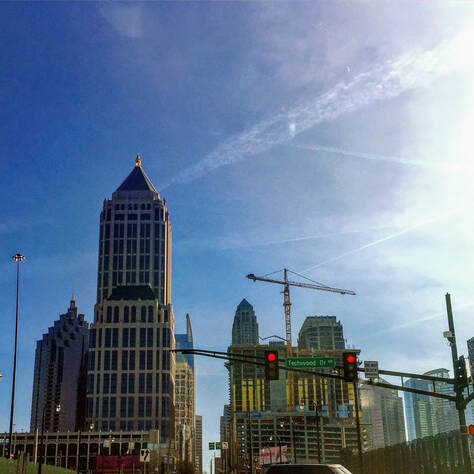 Bhutan Before They Ruin It [Photo Credit: ShutterStock] Bhutan Before They Ruin It [Photo Credit: ShutterStock] Sam Burnham, Curator It is doubtful that anyone would think less of you if you were unable to locate Bhutan on a map. Nestled in the eastern Himalayas between India and China, this Buddhist kingdom is noted for monasteries and fortresses, so seclusion and obscurity have kept Bhutan independent over the centuries. In this age of globalism, however, there is almost no place that isn't susceptible to the all-seeing eye of modern opportunity. So I wasn't really surprised when the South Asian branch of the World Bank tweeted out an article on the profit potential of Bhutan's forests. The nation is currently estimated as being 71% covered by forests. The nation treasures these forests and has constitutional restrictions that set 60% as the minimum allowable coverage area for forests. Sure the article is peppered with terminology suggesting that the World Bank is wanting to help maintain the forests and protect Bhutan's natural beauty. But I'm still skeptical. Really that's a conservative way of saying it. Honestly, I'm calling them out here. It is too easy to use the right words, say the right things, put on the right appearances, and then rob some good people blind. Consider the way Atlanta markets itself as "the city in a forest." Anyone who has sat in traffic on the Downtown Connector anywhere between 14th St and University Ave knows that such a claim is a load of manure. Sitting in the Grady Curve with a blown AC unit on a hot sunny day, window down, choking on the fumes in the humid air will make you wish you were in a forest. No, Atlanta is a city in what used to be a forest. It might even be a city surrounded by a forest. But back to Bhutan.  "The City in a Forest" "The City in a Forest" A nation that is 71% covered by forests remains a net importer of forest products. Is there something they could do to add economic strength with their forests? Of course there is. Wendell Berry talks a lot about the economic potential of the forests in his native Kentucky. But he champions truly sustainable ways of doing it. There are ways of managing the forest, of harvesting timber that is good for both the economy and the forest. It is also essential that Bhutan, rather than China, India, the United States, or the World Bank, determine the way in which their forest is monetized. They certainly don't need the forces of globalism tweeting out that they have untapped resources for every greedy industrialist waiting to make a quick buck at someone else's expense. Bhutan might need some advice on how to develop this corner of the economy. But we should also remember that the most secure culture in the world is found on North Sentinel Island in the Indian Ocean where the people tend to be hostile to outsiders, eating the majority of the visitors who have appeared on their shores and usually trying to kill outsiders before they land. Just because we might think Bhutan needs our help, doesn't mean that they want it. Just as we don't want arrogant outsiders poking their noses in our business, it stands to reason that Bhutan feels the same way.
0 Comments
Leave a Reply. |
Sam B.Historian, self-proclaimed gentleman, agrarian-at-heart, & curator extraordinaire Social MediaCategories
All
Archives
November 2022
|




 RSS Feed
RSS Feed
